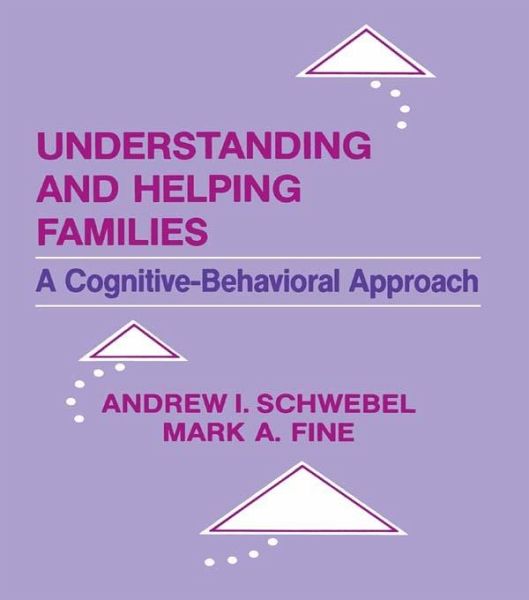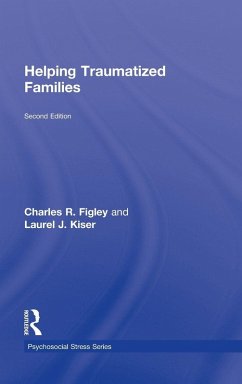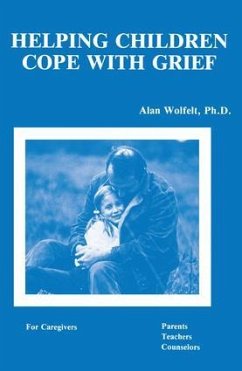
Understanding and Helping Families
A Cognitive-behavioral Approach

PAYBACK Punkte
15 °P sammeln!
This book presents a new approach to understanding the family unit and how and why it functions as it does. The approach focuses on the cognitions of family members and how these, in turn, shape individuals' behavior and the functioning of the family system. The use of the cognitive-behavioral perspective in family science has gained a quick and broad acceptance among social scientists and practitioners during the past decade. One reason for its success is that the basics of the approach are easy to learn and apply. Specifically, the approach maintains that a person who believes that he or she...
This book presents a new approach to understanding the family unit and how and why it functions as it does. The approach focuses on the cognitions of family members and how these, in turn, shape individuals' behavior and the functioning of the family system. The use of the cognitive-behavioral perspective in family science has gained a quick and broad acceptance among social scientists and practitioners during the past decade. One reason for its success is that the basics of the approach are easy to learn and apply. Specifically, the approach maintains that a person who believes that he or she is a failure will -- because of this cognition -- act in certain self-defeating ways and have various self-deprecating feelings. The wide acceptance of the cognitive-behavioral approach rests on more than its simplicity: the approach has repeatedly proven itself in the laboratory and in the clinic. The knowledge readers of this volume will gain about the cognitive-behavioral approach provides them with tools that they can use to better understand not only the family interactions, but the thoughts, feelings, and behaviors of individuals -- including themselves -- in the family setting.














